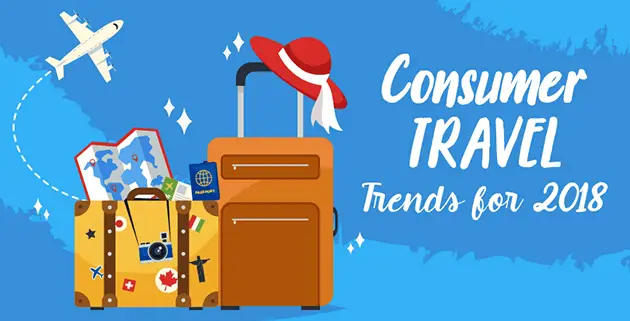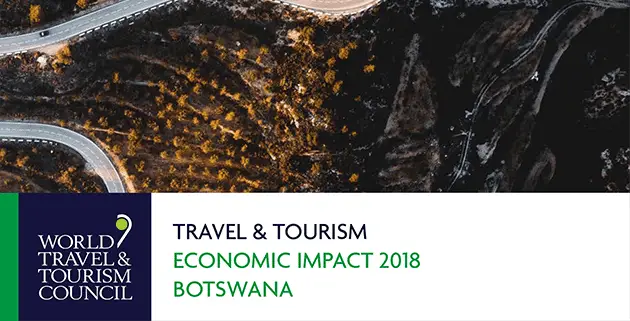10 Digital Tips for Travel Consultants
In this article, digital marketing specialist Priya Unger shares insights into what digital marketing is, how it works and what online tools are available for independent travel consultants (ITC), writes Rian Bornman.
Being an Independent Travel Consultant (ITC) can be very satisfying but also overwhelming. You may be faced with challenges such as how to increase your network, determine your price and market your business. To help you get off the ground, myriad digital marketing opportunities exist. Yet understanding how to use them isn’t always easy. At the recent FlightSiteAgent ITCs workshop – held in Cape Town, Johannesburg and Durban in early February 2015 – digital marketing specialist, Priya Unger shared insights into what digital marketing is, how it works and what online tools are available.
Here are her top ten digital marketing points:
01 Understand digital marketing and why you need it
As an ITC your business model depends on building and maintaining personal relationships. Digital marketing can be put to good use to help you first find and attract your ideal customer using targeting and then to maintain ongoing communication with them.
02 Which digital platforms best represent your brand
The main deciding factor here should be time and budget. There are a few options to choose from and all three have their pros and cons. You can choose to have a fully customised website built for you from scratch, but this is if you have a very large budget.
A blog is a great option if you have a limited budget. Platforms such as WordPress, Joomla, or Drupal are all recommended and allow you to use themes custom-made for you by a designer or you can utilise many of their free themes. You can also choose to purchase a domain or sign up for a free domain on these platforms.
Social media platforms like Facebook work very well at no extra cost. You can deal directly with customers, share ideas, give advice, deal with problems first-hand and invite fans to call or email you.
03 Plan what goes onto your digital platforms
The online space is very competitive and crowded especially in the travel industry. To stand out from the crowd you need to know your audience well. Do this by asking them directly. Should you have an existing client base use a survey (for instance use a free online tool, such as SurveyMonkey to prepare your survey). Or if you don’t yet have any clients, download the free online tool, Google Keyword Planner. It helps identify what types of keywords and phrases your potential customers use on Google to find your products. This helps produce the right type of content for your digital platform that will attract potential customers.
04 Let internet surfers find your digital platform
Just remember that they usually look at what they find on the first page so that’s where you need to be. The two ways to ensure this is through Search Engine Optimisation (SEO) and Google Ad Words.
SEO is a lengthy, expensive and complex process. It works by using your social media platforms, newsletters or existing network of colleagues to share content you’ve developed for your digital platform. This helps to position you as an authority in the area of travel you focus on.
Google Ad Words is much quicker to execute than SEO. However it does cost money. Once you’ve determined your budget you can set a cap so that you don’t overspend. The beauty of Google Ad Words is that you can study the results and tweak the different aspects of your account to improve performance over time.
05 Create a monthly newsletter
Once a potential customer has found your digital platform it’s crucial that you retain their details for future marketing purposes. Set-up a newsletter to encourage traffic to sign-up to your newsletter database. This way you can communicate your specials, travel tips or any competition you might be running with them on a regular basis. One newsletter a month is a good place to start.
Tattler editor’s tip: Most email hosting service providers restrict the number of emails that you can send per day, so be careful not to send too many at once or you will be blacklisted. Rather use a bulk email client, such as MailChimp, or Power SMTP, which will also report on the number of opens and click thru’s, and manage bounced (non-deliverable), add new subscriptions and delete unsubscribe requests from your mailing list.
06 Track your website’s performance
Using a free online tool like Google Analytics will help you track your website’s performance. It will tell you who is visiting your site, where they are based and what channels they’re using to find you.
07 Use social media to promote your website or blog
Research plays a crucial role in knowing whether to choose Twitter, Facebook or Instagram. Find out which tool your audience is using by looking at what your competitors are doing. As an ITC you might find that Facebook is a safe bet as it’s well-known; people are also in browse mode and could potentially be looking for inspiration to plan their next holiday.
08 Understand the do’s and don’ts of social media
Facebook should not be a timeline of travel offers, but also of inspirational and informational content. Keep the conversation light-hearted and pay careful attention to customer service by dealing with requests as soon as possible in a polite and friendly manner. A channel like Twitter is fast-paced and would be better suited to promoting your travel offers.
09 Use competitions to drive traffic
Competitions always excite people. Prizes need to be appropriate for your audience and don’t necessarily need to be high in value. Always link a competition to a newsletter subscription so you can continue marketing to them in future. Just remember there are rules around competitions.
10 Establish your budget
Once you’ve established your budget and how much time you want to spend developing it, choose a relevant digital platform.
You don’t need to rush into spending a lot of money on the most expensive digital platform and web support. Start off slowly and as you make more money, phase in what you’d like to add. Digital marketing can seem overwhelming, so best you leave some of it to the experts. But learn as much as possible along the way so you have insight into what’s best for your brand.
There are over 1,000 ITCs in South Africa. And this number is growing significantly. More and more people are turning to Google and other search engines to find their next big holiday or to compare flight prices. It’s important that you stand out from the crowd and stake your claim in the market.
Priya Unger is an expert in the field of digital marketing and can be contacted for assistance on all of the above mentioned points and tools. You can call her on +27 (0)82 044 9747 or email her at priya.unger@gmail.com

For more information visit www.flightsiteagent.co.za





